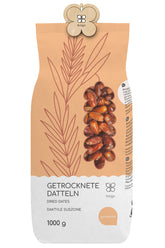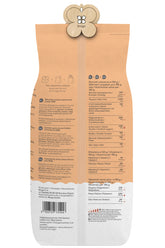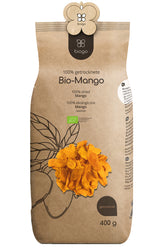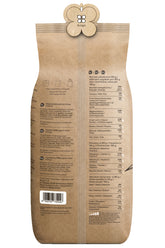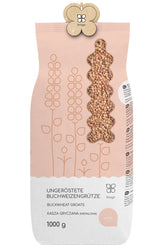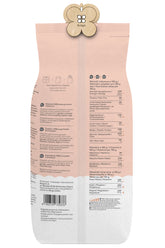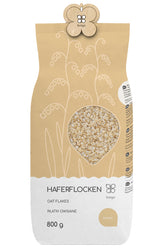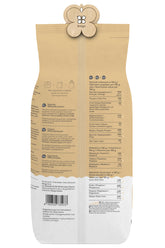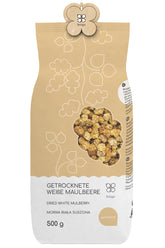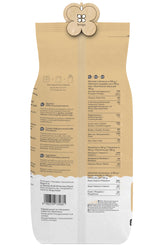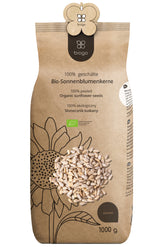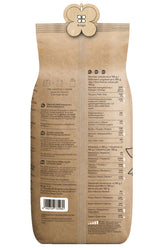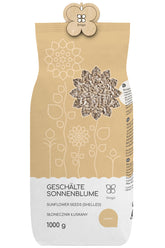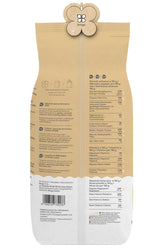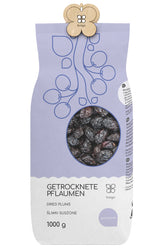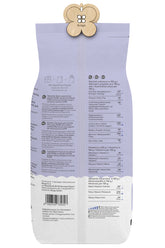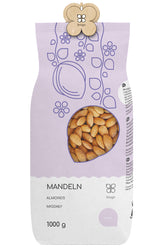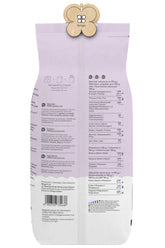In a time when sustainability and naturalness are becoming increasingly important, it's not always easy to find your way through the jungle of cosmetic offerings. Many products advertise with terms like 'organic', 'natural' or 'free from' - but what does that actually mean exactly? How can consumers be sure that they're really buying high-quality natural cosmetics?
In this blog post, we want to provide you with the most important criteria to help you distinguish genuine natural cosmetics from products with pure marketing packaging. We take a close look at the ingredients and explain what you should pay attention to.
The composition makes the difference
The decisive factor in assessing natural cosmetics is naturally their composition. Because only when a product actually contains high-quality, natural ingredients can it be considered genuine natural cosmetics.
Unfortunately, in practice, it is not always easy to decipher the ingredients. Many manufacturers use misleading names or hide problematic additives behind technical terms. All the more important is it to look closely and not be dazzled by beautiful packaging or advertising promises.
Natural ingredients instead of chemical cocktail
A look at the ingredient list is therefore essential. Here, natural raw materials such as plant oils, waxes, extracts, and essential oils should appear primarily. Synthetic additives such as parabens, silicones, or mineral oils, on the other hand, are exclusion criteria for genuine natural cosmetics.
Especially with creams and lotions, it is important that the ingredients are as untreated as possible and in their natural form. The fewer processing steps, the better. High-quality natural cosmetics also forgo preservatives and instead rely on natural preservation methods.
Certifications as quality seals
To ensure that a product truly contains natural ingredients, it is recommended to look for certifications. Recognized seals such as COSMOS, Natrue, or Ecocert guarantee that strict guidelines are followed.
These certifications ensure that a product consists of at least 95% natural raw materials and is free from synthetic additives. Additionally, the manufacturing processes and cultivation methods of the raw materials are thoroughly examined.
Products without such seals may still contain natural ingredients, but they lack independent control and confirmation. Therefore, it is advisable to always opt for certified products when buying natural cosmetics.
Vegan and gluten-free formulations
In addition to the use of natural raw materials, the question of whether a product is vegan or gluten-free is also relevant. Many people value that their cosmetics are free from animal ingredients or gluten.
Here too, it applies: Certifications such as Vegan Society or Gluten-Free are a good indicator that the formulation truly meets the requirements. Manufacturers who market their products as vegan or gluten-free should be able to substantiate this claim through independent testing.
Conclusion: Inform yourself thoroughly
As you can see, it is not so easy to distinguish genuine natural cosmetics from products with mere marketing packaging. But with some basic knowledge and a critical look at the ingredients, consumers can indeed make good decisions themselves.
Therefore, our advice is: Inform yourself thoroughly, read the ingredient lists carefully, and pay attention to independent certifications. Only then can you be sure that your cosmetics are truly natural and sustainable.
If you have any questions or need further advice, do not hesitate to contact us. We are happy to advise you so that you can make the right choice.

